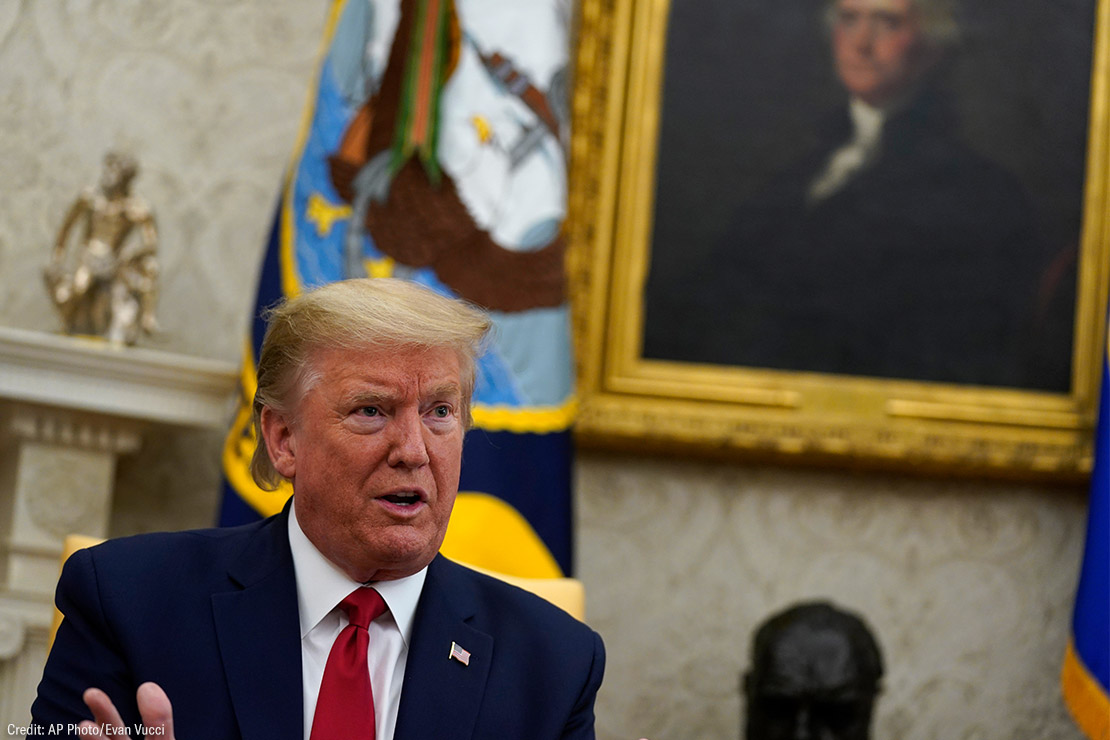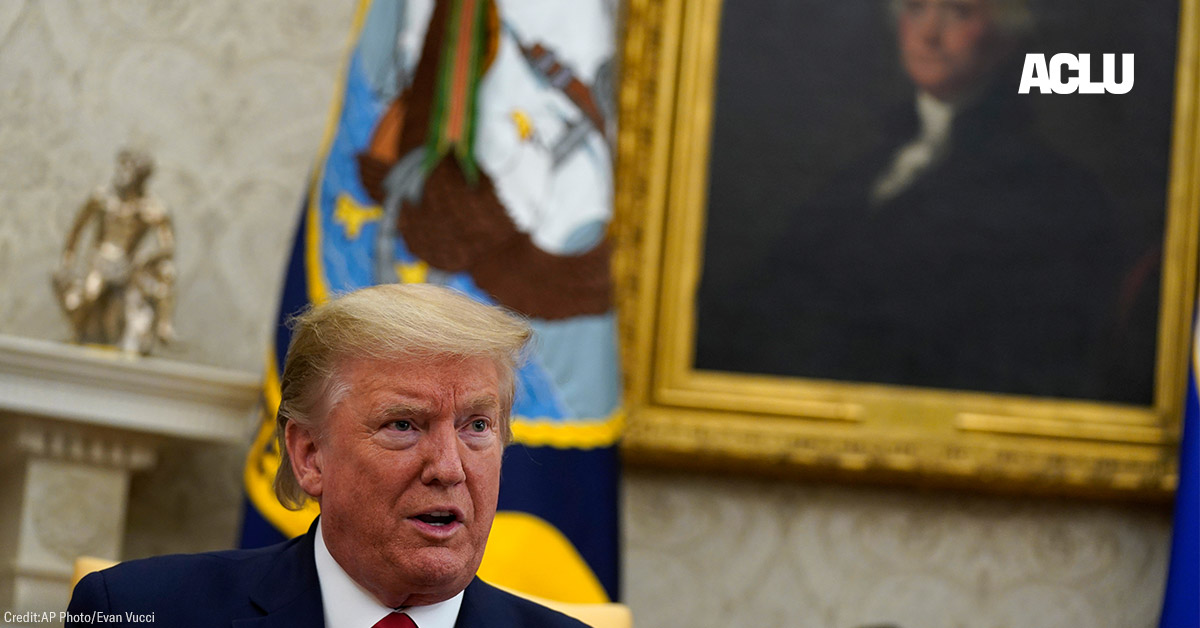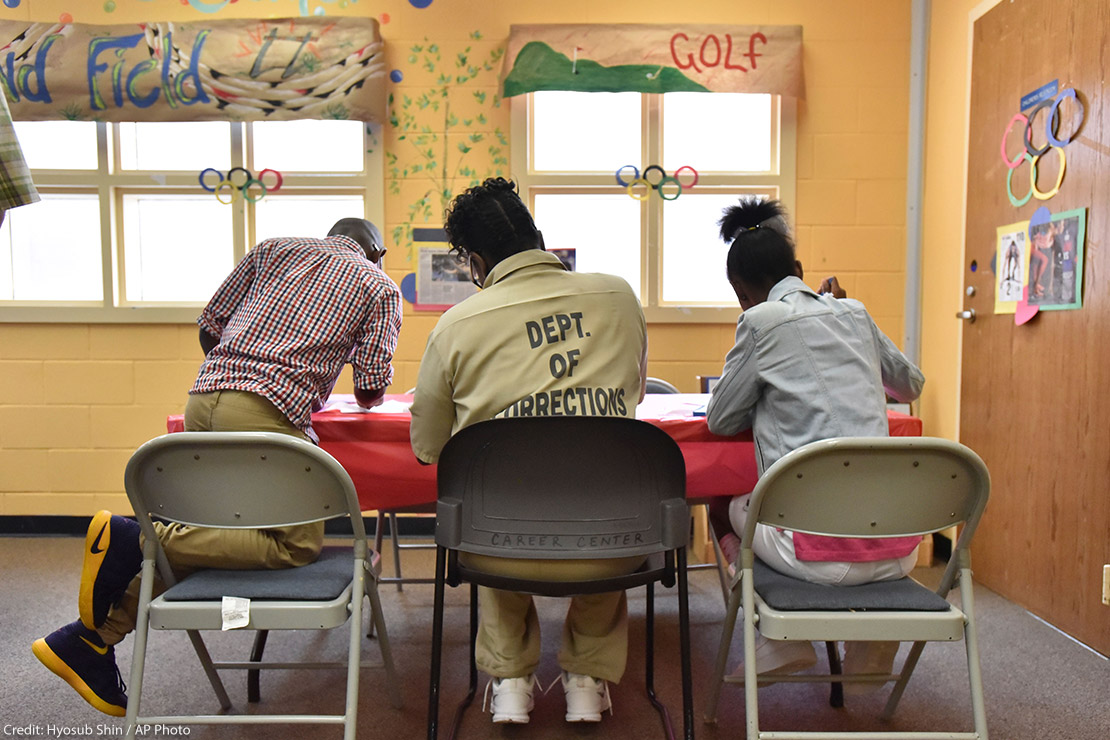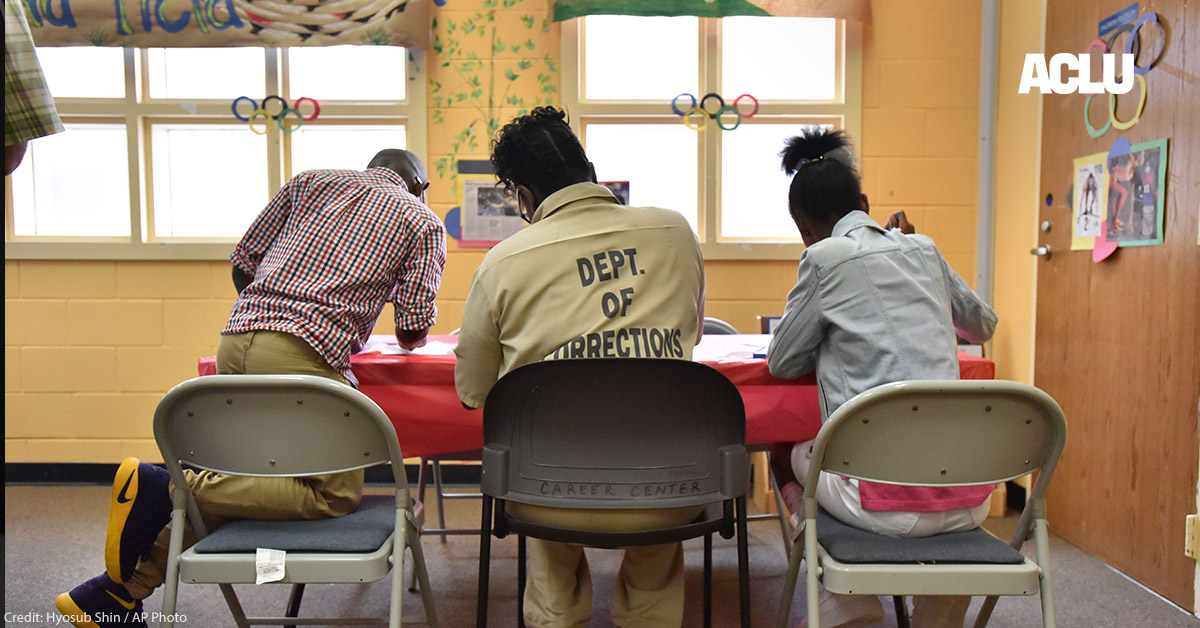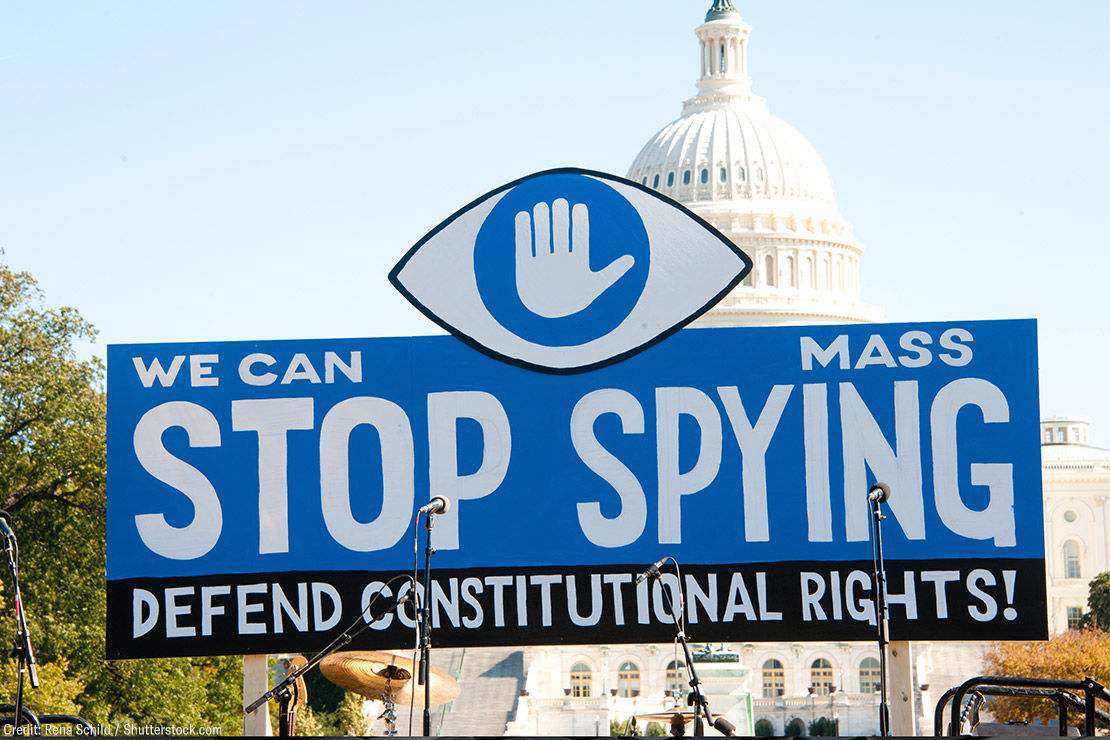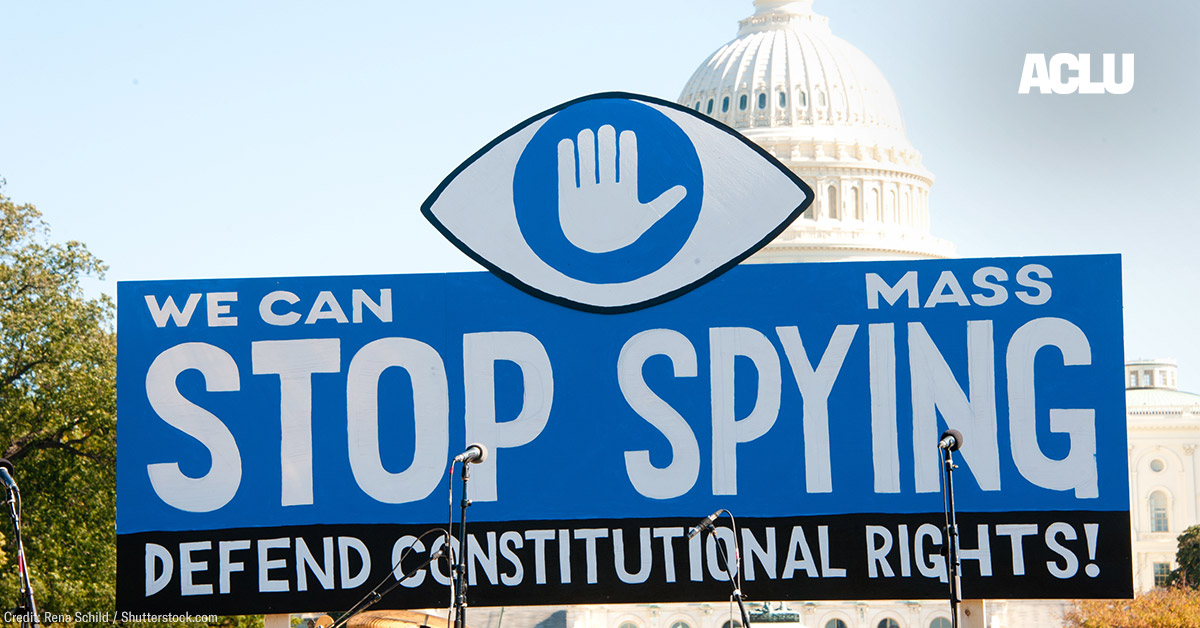One recent Friday night, President Trump quietly nominated a replacement inspector general (IG) for the Department of Health and Human Services (HHS). But this was no ordinary nomination. If confirmed by the Senate, it will force out the acting IG after her office released a survey of hospitals that, to Trump’s vocal displeasure, underscored his administration’s botched handling of the COVID-19 pandemic.
The ouster is also only the latest in a series of troubling actions by the president against the nation’s inspectors general, including firing Michael Atkinson, the inspector general of the intelligence community, and demoting the Pentagon’s acting inspector general, which then made him ineligible to serve on the newly-created Pandemic Response Accountability Committee. The new HHS IG nomination itself came amid a top HHS official’s statement that the Trump administration demoted him for refusing to support the president’s promotion of scientifically unproven treatments for the novel coronavirus. The official has now filed a retaliation complaint seeking an investigation by the HHS IG.
This personnel chaos, together with news reports of a broader scheme by the president to purge more IGs, has sparked reminders from leaders across the political spectrum about the crucial role of inspectors general in countering waste, fraud, and abuse in the federal government. But the damage from Trump’s moves won’t be limited to more public dollars lost to corruption and graft. It also endangers our civil liberties.
As background, inspectors general are nonpartisan watchdog officials who investigate and offer recommendations to correct incompetence, misconduct, and violations of law within the agency they serve, in addition to ensuring honest financial and administrative management. Most federal IGs are required by law to keep both their agency and Congress fully apprised of “serious problems, abuses, and deficiencies” in the federal programs and operations they oversee. As Republican senators and Democratic committee chairs explained in their reactions to Trump’s personnel maneuvers, Congress depends on IGs to do its own job. They are a vital mechanism for ensuring integrity and accountability in the federal government.
That’s why over the years, the ACLU has called on IGs across federal agencies to investigate government actions with harmful impact on civil liberties and rights, such as the Justice Department’s involvement in warrantless spying on Americans. And when IGs reveal government wrongdoing or ineptitude, we demand reforms — like when an IG exposed Immigration and Customs Enforcement failures that jeopardize the health and safety of people detained in its custody, and when another IG found that the FBI’s investigative practices lacked even basic civil liberties safeguards.
Independence is pivotal to an inspector general’s success and effectiveness. And that’s precisely why the president’s actions are so alarming. The common thread in his machinations against IGs is his hostility toward independent oversight of his administration, especially by those he deems insufficiently loyal to his personal interests.
Atkinson’s example is notably illustrative because he had disclosed to Congress, in accordance with the law and to Trump’s dismay, a whistleblower report that detailed the president’s abuses of power in the Ukraine military aid scandal. As the president complained, that act of fulfilling his duty showed Atkinson was “not a Trump fan.” The resulting message from the president is painfully obvious: Act like a “Trump fan” — or else. And as the former Republican chair of the House Oversight Committee warned, “Inspectors General can’t be effective if they believe looking for waste and abuse could cost them their job.”
Over the longer term, Trump’s attacks against oversight threaten democratic accountability by weakening a systemic safeguard that is meant to expose injustices by those wielding government power. A president who declares both that he has “total authority” and that “I don’t take responsibility at all” for his decisions cannot be trusted when he claims “I’ll be the oversight” on anything.
The assault on IGs also poses a more immediate threat by undermining oversight of the federal pandemic response, which is beset by problems like the dire shortages of medical supplies highlighted by the acting HHS IG and the tendency of the Trump administration’s political leadership to hide key facts and figures from the public. The Justice Department IG has announced an investigation of another problem, that of federal prisons predictably emerging as deadly hotspots — and this investigation will be conducted under the cloud of a retaliation threat.
All hope is not lost, however. As a start, Congress should shore up the legal framework governing IGs with safeguards against presidents firing IGs based on a whim. It should also add stronger protections for those who blow the whistle about wrongdoing, waste, or other abuse to IGs.
Thankfully, the country’s IG system has long enjoyed widespread, bipartisan support from lawmakers, including those who recognize the broader need for more robust checks and balances, regardless of who is president. If there’s ever a time to activate that bipartisan support to spur concrete legislative action, it’s now.
Kate Oh, Policy Counsel, ACLU National Political Advocacy Department
Date
Tuesday, May 12, 2020 - 4:30pmFeatured image
